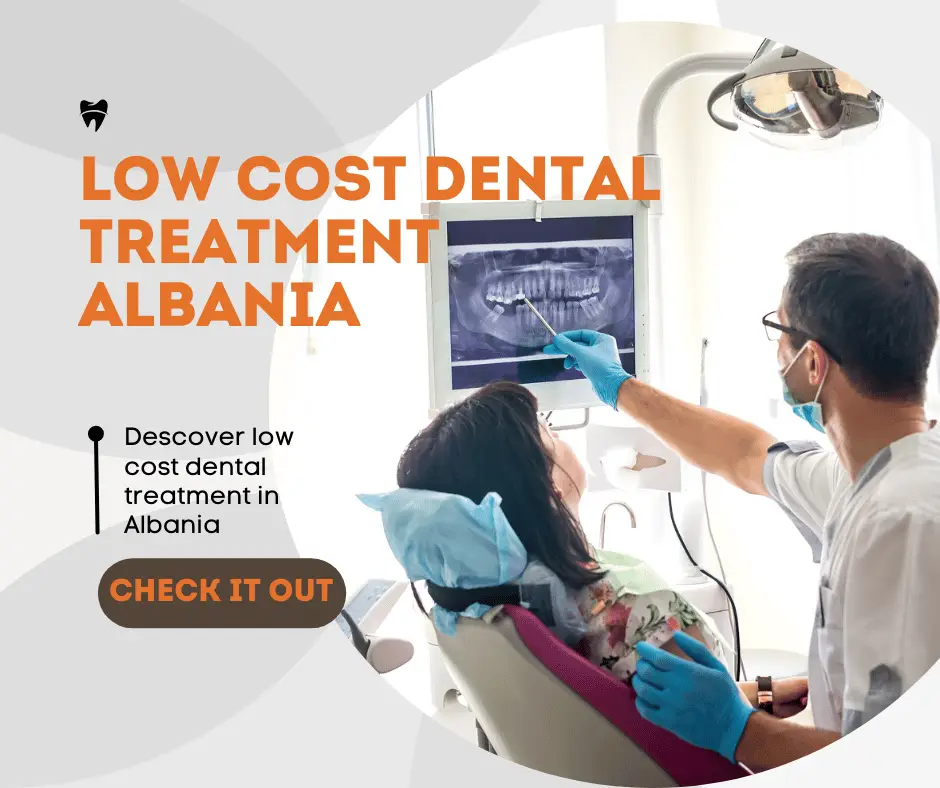UK’s Bold Move: £4M Deal Transforms Albanian Prisons
In a surprising twist of international cooperation, Britain has taken an unconventional approach to ease its prison overcrowding crisis by making a £4 million deal with Albania that is set to reshape both countries’ penal systems, marking a new era in cross-border justice management.
Electric Dreams: Britain’s £1.5M Gift to Albanian Roads
Picture this: a fleet of sleek, green vehicles silently cruising through Albanian streets. No, it’s not a scene from a futuristic movie – it’s Britain’s latest contribution to Albania’s prison service. The UK has splashed out £1.5 million on a cutting-edge electric vehicle fleet, including 15 cars and 22 minibuses, destined for use in Albania’s prison system.
This eco-friendly fleet is more than just a goodwill gesture. It’s part of a broader strategy to facilitate the transfer of 200 of Albania’s most dangerous inmates currently housed in UK jails back to their home country. The move promises to save UK taxpayers a pretty penny, with the cost of housing these criminals dropping from £109 per day in the UK to a mere £32 in Albania.
“Ali Demi”: Where Open Doors Meet Open Minds
But the UK’s involvement continues beyond vehicles. British prison officers have been working with their Albanian counterparts to develop the country’s first open prison. Named “Ali Demi,” this groundbreaking facility in Tirana is set to revolutionise Albania’s approach to rehabilitation.
Imagine a prison where inmates have rooms in a terraced-style street, with the freedom to come and go.
It sounds almost too good to be accurate, but that’s what Ali Demi offers. This innovative approach could be the key to successfully reintegrating prisoners into society, particularly for Albanian inmates transferred back from the UK in the final six months of their sentences.
The Numbers Game: Solving UK’s Prison Puzzle
The Albania deal is just one piece of a giant puzzle as the UK government grapples with severe prison overcrowding. Albanian nationals make up nearly one in seven of the 10,500 foreign inmates in UK jails—at a staggering cost of £52,000 per person annually—and this international agreement could provide much-needed relief.
But the government is still there. Prime Minister Sir Keir Starmer has launched an emergency early prisoner release scheme to free up space by releasing over 5,000 prisoners in six weeks. While this move has raised eyebrows and concerns, particularly regarding public safety and the strain on probation services, it underscores the urgency.
As Britain navigates prison reform, one thing is clear: innovative thinking and international cooperation may be the keys to unlocking a more sustainable and effective justice system.










